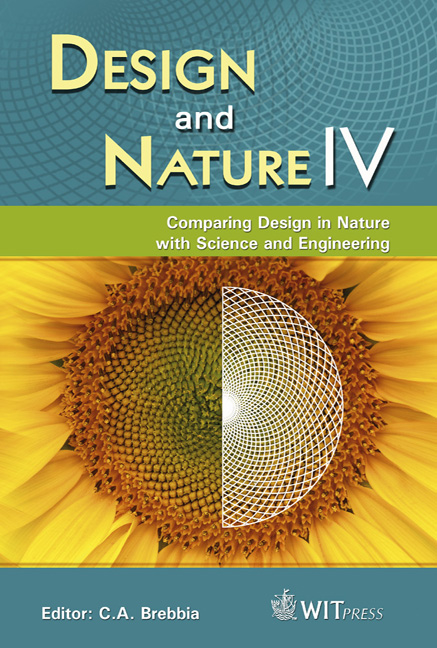An Evaluation Of The Design Of Room Characteristics Of A Sample Of Healing Gardens
Price
Free (open access)
Transaction
Volume
114
Pages
10
Page Range
223 - 232
Published
2008
Size
688 kb
Paper DOI
10.2495/DN080231
Copyright
WIT Press
Author(s)
K. Maikov, S. Bell & K. Sepp
Abstract
The present paper discusses the evaluation and description of the landscape characteristics of a sample of healing gardens from the USA and England. Healing gardens are designed in such a way as to influence the visitor by provoking positive emotions and to help relieve the symptoms of stress or depression. The aim of the paper is to analyse a sample of healing gardens on the basis of eight characteristics that, according to the literature, should be present in a garden for it to be classified as a healing garden and that may also be considered some of the fundamental building blocks of parks and gardens in general. The term \“room” is used to convey a sense that each garden consists of a set of distinct spaces that are separated from each other and which are experienced by visitors as part of a sequence. Rooms can be generally described using a specific name to which a set of characteristics is attached. Each room type (Serene, Wild, Rich in Species, Space, the Common, the Pleasure garden, Festive, Culture) was evaluated in terms of the degree to which the characteristics were present using the following scale: 0 – not present, 1– weak, 2 – medium, 3 – strong. Following this a description of the design characteristics was carried out from the point of view of landscape design elements and structure, including an assessment of presence of the sense of the personal/impersonal. The purpose of the investigation is to determine which characteristics are mostly frequently used in the design of healing gardens, which characteristics most strongly feature and to analyse the main design elements. In total, 40 healing gardens were visited, 20 from England (summer 2005) and 20 from various states in New England in the USA (summer 2006). There were no apparent differences between the characteristics of healing garden rooms between the countries (t-test). Correlations were found between the types \“Rich in Species” and \“Festive” (0.85) and \“Culture” (0.85) which tends to be found together in the gardens. The types \“Space” and \“The Common” had a high correlation (0.8) in England. \“Rich in Species” and \“Festive” had a correlation (0.9) in the USA. Of the gardens studied, the types \“Rich in Species” and \“the Common” are distinguished by the strongest presence. The personal characteristic was found to be present less than the impersonal. The characteristic \“The Pleasure garden” does not exist in most of the gardens – it is possibly an expensive solution. The existence of the characteristics in the gardens does not depend on the idea of the design as a whole, and the strength of the characteristics will tend to influence the users the most. Keywords: healing garden, design, room characteristics, USA, England.
Keywords
healing garden, design, room characteristics, USA, England.





